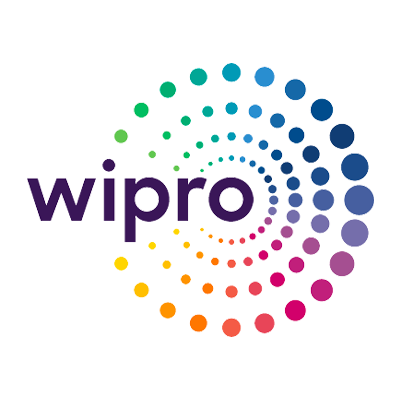Polytechnic Diploma
Course Mode
Offline
Duration
3
Eligibility
A candidate must have passed the 10th standard (Secondary School Examination) or an equivalent examination from a recognized board, with a minimum of 35-40% aggregate marks. For certain specializations, a strong foundation in Mathematics and Science is required. Lateral entry to the second year is available for 12th-grade pass-outs (with a science stream) or ITI certificate holders.
Entrance Exam
JEXPO
Type of Course
UG
Course Summary
A Polytechnic Diploma is a skill-based, technical program that provides students with practical knowledge and job-ready skills in a specific field. Unlike a traditional university degree, a diploma focuses on hands-on training, lab work, and real-world applications. It is a popular option for students who have completed their 10th or 12th grade and want to enter the workforce quickly or gain a foundational understanding of a technical field before pursuing higher education. The curriculum is designed to be industry-relevant, making graduates highly employable for entry-level technical roles.
📅 Upcoming Admission Deadlines
- polytechnic-diploma with 50% scholarship August 28, 2026
Top Recruiters

TCS

Wipro
Career Scope
Network Engineer
Electric Engineer
Frontend Engineer
Software Developer
Web Developer
College-wise Fees
Frequently Asked Questions
A polytechnic diploma is a vocational or technical diploma in a specialized field of engineering or technology, usually lasting for three years, that prepares students for specific roles in industry rather than for advanced academic pursuits.
The purpose is to provide hands-on, practical training and technical skills for immediate entry into the workforce after graduation, focusing on applied knowledge rather than theoretical concepts.
Courses typically cover core technical subjects, mathematics, physics, and chemistry, along with practical subjects like technical drawing and hands-on experience in the chosen engineering or non-engineering field.